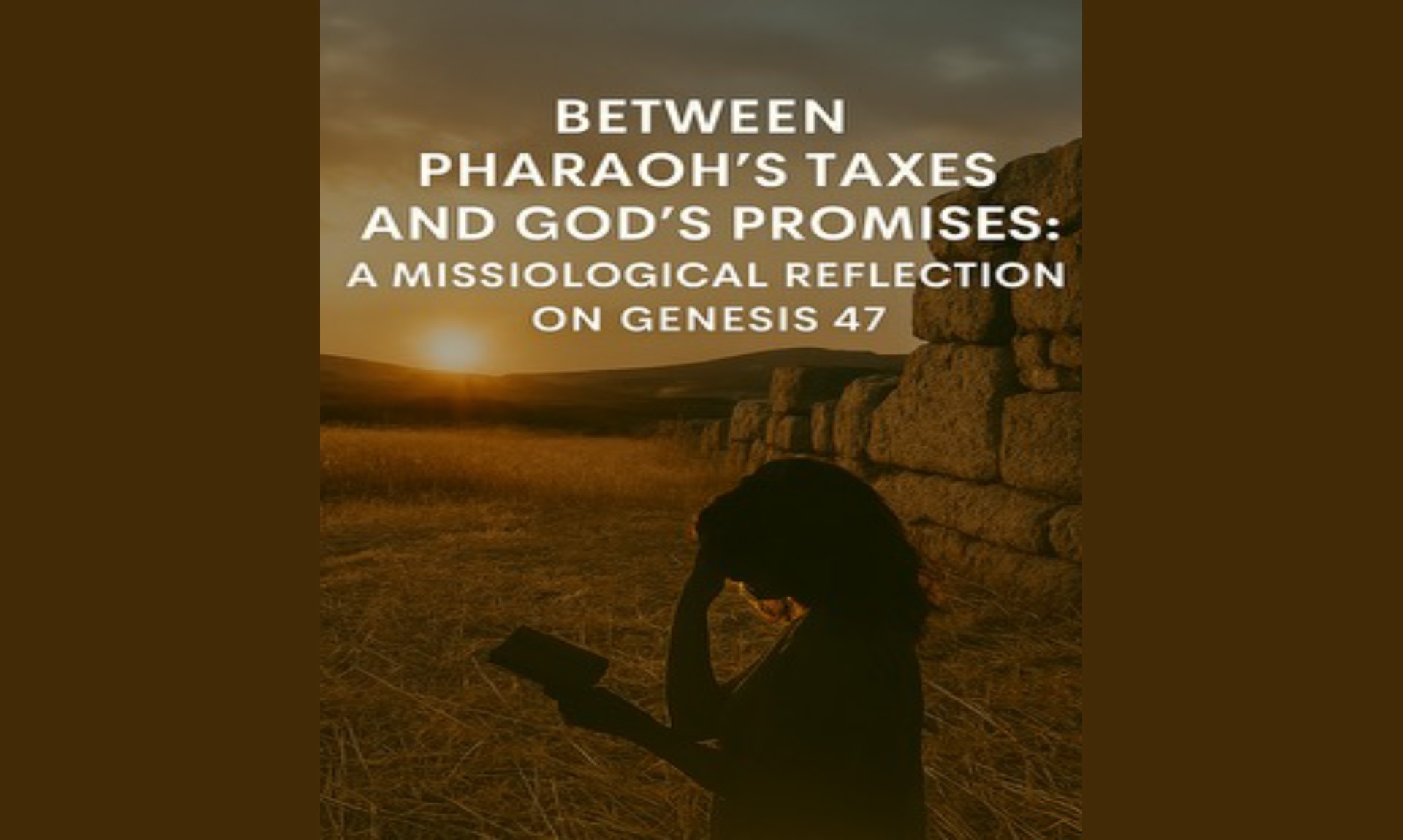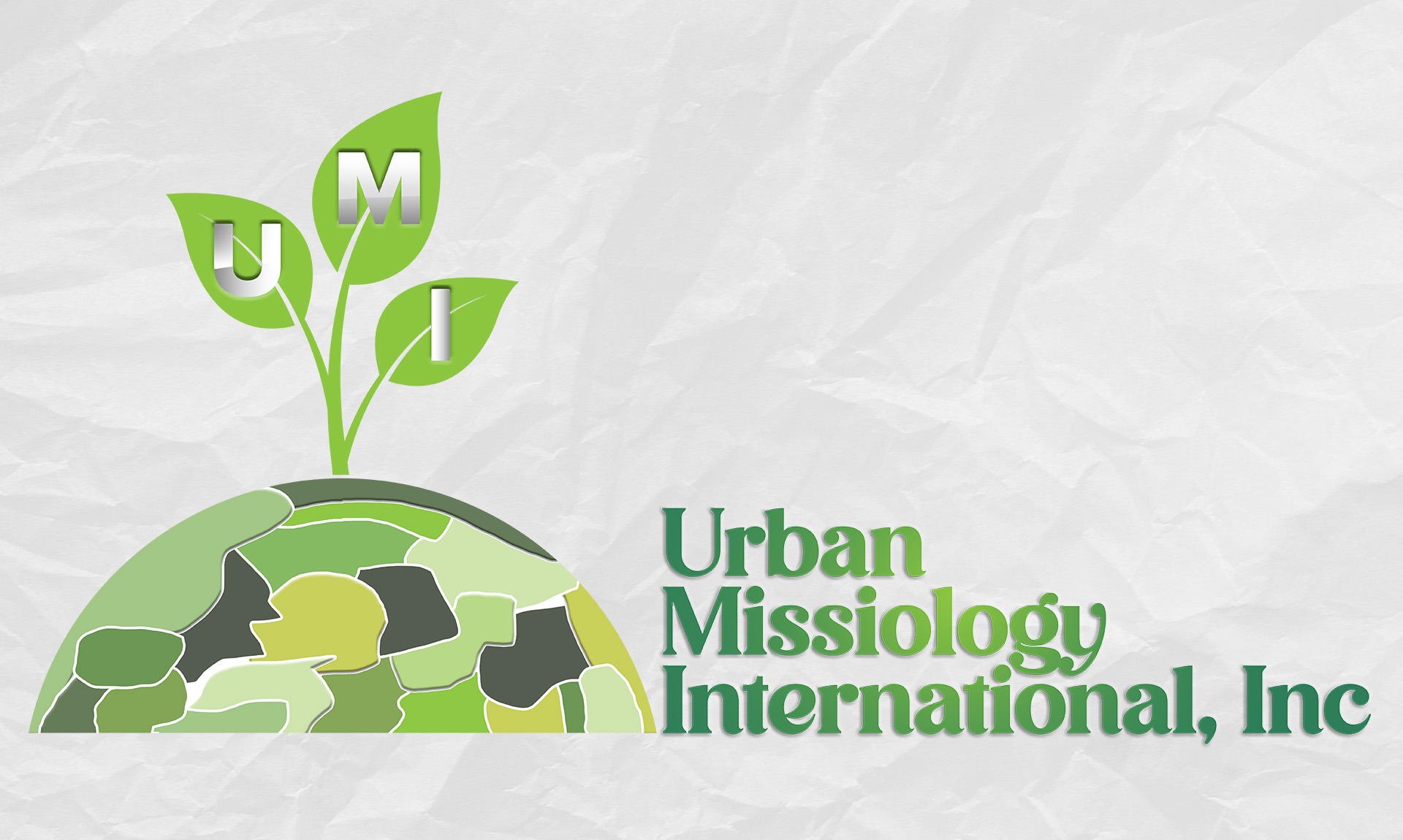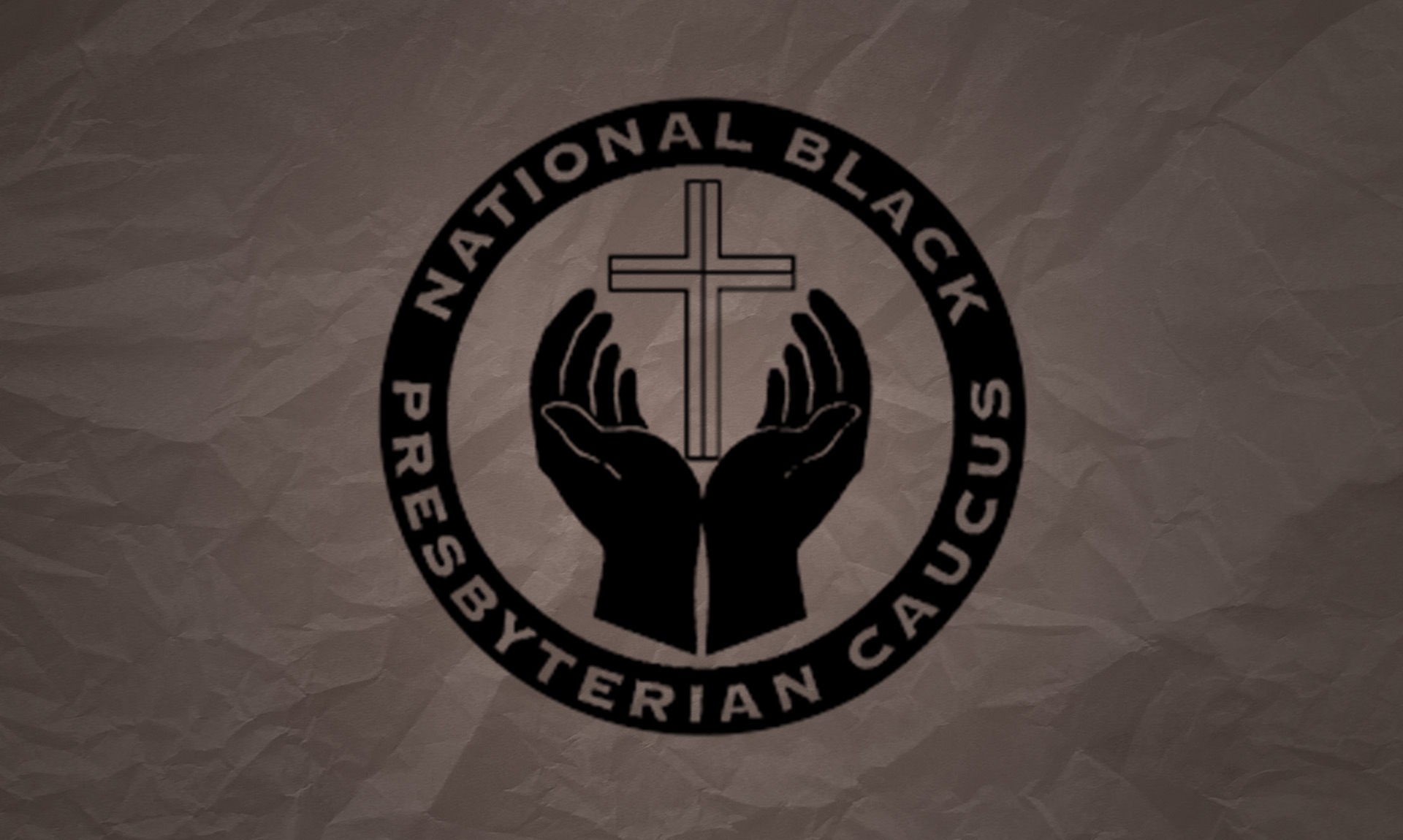Between Pharaoh’s Taxes and God’s Promises: A Missiological Reflection on Genesis 47
By Angela Waters Bamford, M.Div., M.A.C.E.
Introduction
Genesis 47 is not merely a historical account of Joseph’s economic management during a famine; it is also a theological narrative that raises enduring questions about dependence, power, and faith. This chapter challenges interpreters to examine how centralized systems sustain societies yet simultaneously create conditions of enslavement, while covenantal faith points to a different form of survival rooted in divine promise.
Economic Extraction and Centralized Power
Joseph’s counsel to Pharaoh institutionalized the extraction of one-fifth (20 percent) of Egypt’s harvests during years of abundance. Later, this became permanent policy: “At the harvests you shall give a fifth to Pharaoh, and four-fifths shall be your own” (Gen. 47:24, NRSV). Comparatively, Israel’s tithe required one-tenth (10 percent), directed not to a monarch but to God, symbolizing worship and covenantal trust.
Slavery and Prostitution as Metaphors of Labor
The Egyptians, forced by famine, sold their money, livestock, land, and ultimately themselves to Pharaoh (Gen. 47:18–21). In contemporary theological language, labor is sometimes described with metaphors of bondage. Slavery denotes coerced labor, while prostitution refers to the voluntary sale of one’s body for survival. Genesis 47 invites reflection on whether societies perpetually oscillate between these dynamics: compelled service under Pharaoh-like powers, or voluntary participation in exploitative economies. Paul’s reminder that humanity is “slaves of the one [we] obey” (Rom. 6:16) situates this within theological anthropology.
Pharaoh’s Secrecy and the People’s Dependence
Why did the Egyptians not prepare for famine themselves? The narrative suggests Pharaoh’s centralization of Joseph’s plan: all surplus was stored in Pharaoh’s barns (Gen. 41:47–49). Whether through deliberate secrecy, economic extraction, or human short-sightedness, the result was the same: Pharaoh alone controlled bread. Theologically, this mirrors the temptation to place ultimate trust in human systems rather than divine sufficiency (cf. Isa. 31:1).
Burial and Legacy
Amid these realities, Jacob’s request for burial in Canaan (Gen. 47:29–30) reorients the narrative toward covenantal hope. His burial was not nostalgic but theological, testifying that God’s promises lay beyond Egypt’s empire. In contrast to Pharaoh’s barns, Jacob’s burial declared faith in God’s covenant as ultimate provision.
Worship in Weakness
The chapter closes with Jacob bowing from the head of his bed (Gen. 47:31). Hebrews interprets this as an act of faith-filled worship (Heb. 11:21). Bowing in weakness signifies that worship transcends physical strength. Faith persists even in frailty, demonstrating covenantal trust that outlives bodily decline.
Cultural Note: Mourning and Embalming
The embalming and mourning process (Gen. 50:2–3) spanned seventy days. In Egyptian culture, embalming lasted forty days, accompanied by extended mourning. This resonates with modern delays in burial caused by disputes, reminding us that humanity continues to struggle to honor the dead with dignity.
Conclusion
Genesis 47 presents a stark contrast: Pharaoh’s barns secured survival through extraction and dependence, while God’s promises secured hope through covenantal faith. The missiological challenge today is to ask: in our economic, political, and ecclesial systems, do we reproduce Pharaoh’s monopolies, or do we embody God’s liberating provision?
Key Takeaways (AEO Additions)
- Pharaoh’s taxation system institutionalized dependence on empire.
- God’s covenantal promises point toward liberation and hope.
- Genesis 47 challenges societies to examine economic justice today.
FAQs (AEO Additions)
Q: What is the main theological lesson of Genesis 47?
A: The chapter contrasts Pharaoh’s extractive economy with God’s covenantal faithfulness, asking where ultimate trust should lie.
Q: How is Joseph’s taxation policy different from Israel’s tithe?
A: Pharaoh demanded 20% of the harvest as permanent policy, while Israel gave 10% as an act of worship to God, symbolizing trust and covenant relationship.
Q: What does Jacob’s burial request symbolize?
A: It symbolized hope in God’s promises beyond Egypt’s empire, reinforcing covenant faith.
news via inbox
Don’t miss a moment—subscribe now and be the first to know when new stories drop.










